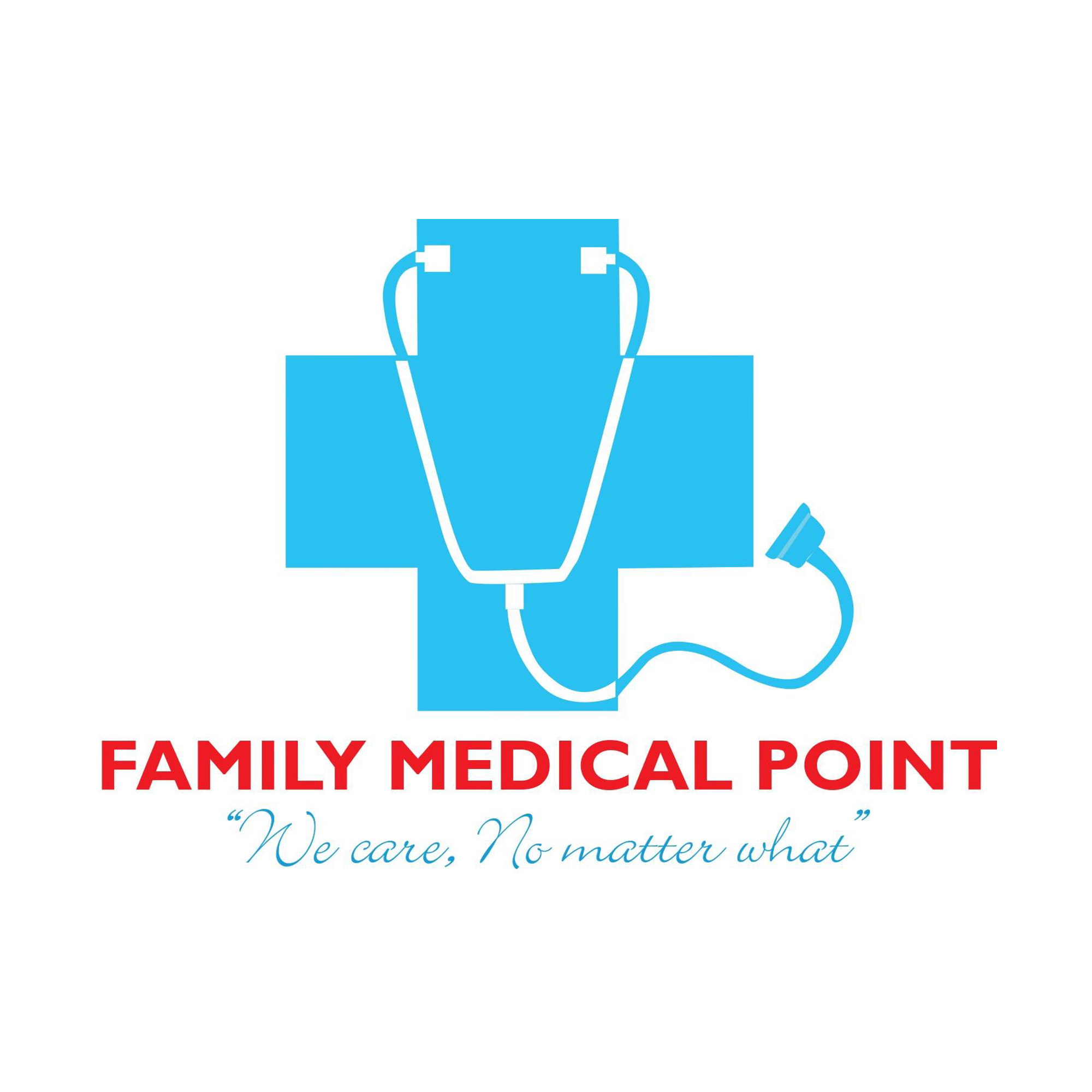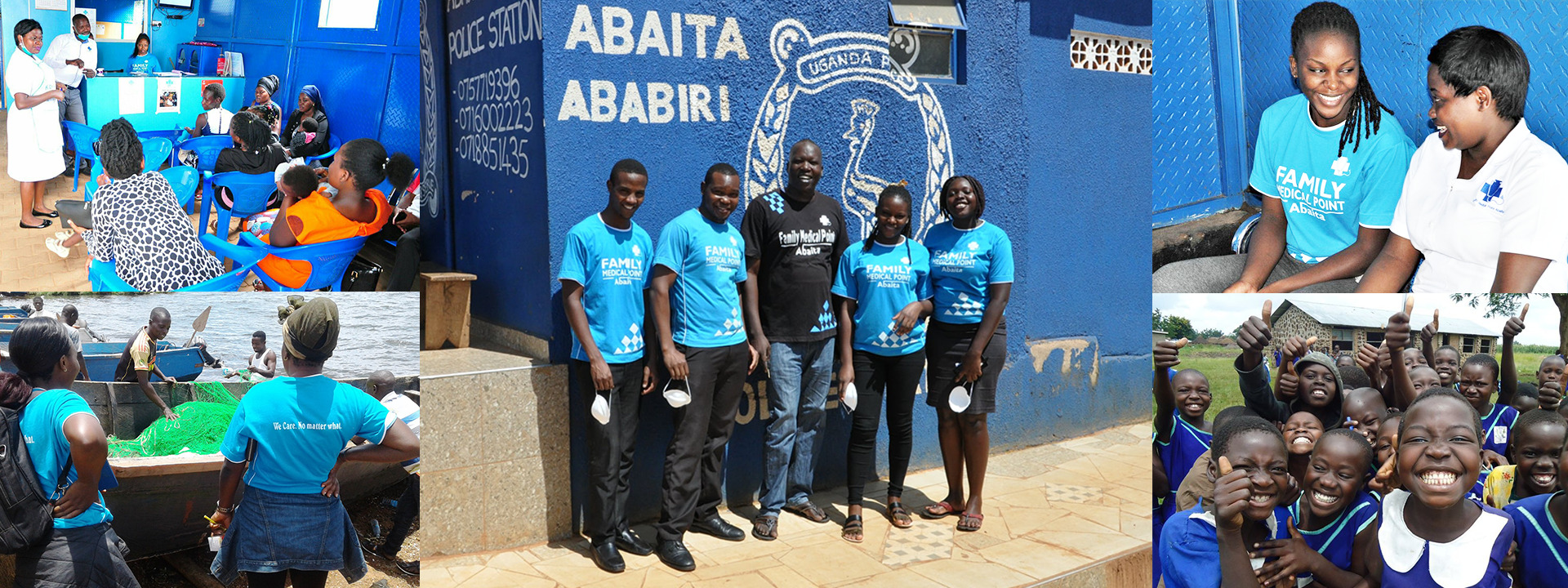
Family Medical Point
Family Medical Point needs help ensuring that every woman and young person in Abaita Ababiri, Uganda, has free and safe access to sexual and reproductive healthcare. Can you help?
Family Medical Point (FMP) is a grassroots healthcare provider that has served the marginalised fishing communities and slums of Abaita Ababiri, Uganda, since 2017. The not-for-profit organisation implements practical family planning interventions to increase access to contraception and sexual and reproductive healthcare (SRH) services amongst women of reproductive age, and end the stigma and gender-based violence associated with the use of family planning services in these communities.
With £5,000 Family Medical Point will be able to deliver an ambitious two-part programme to raise awareness of sexual and reproductive healthcare, and fight the stigma and associated gender-based violence surrounding the use of contraception and family planning services in their communities.
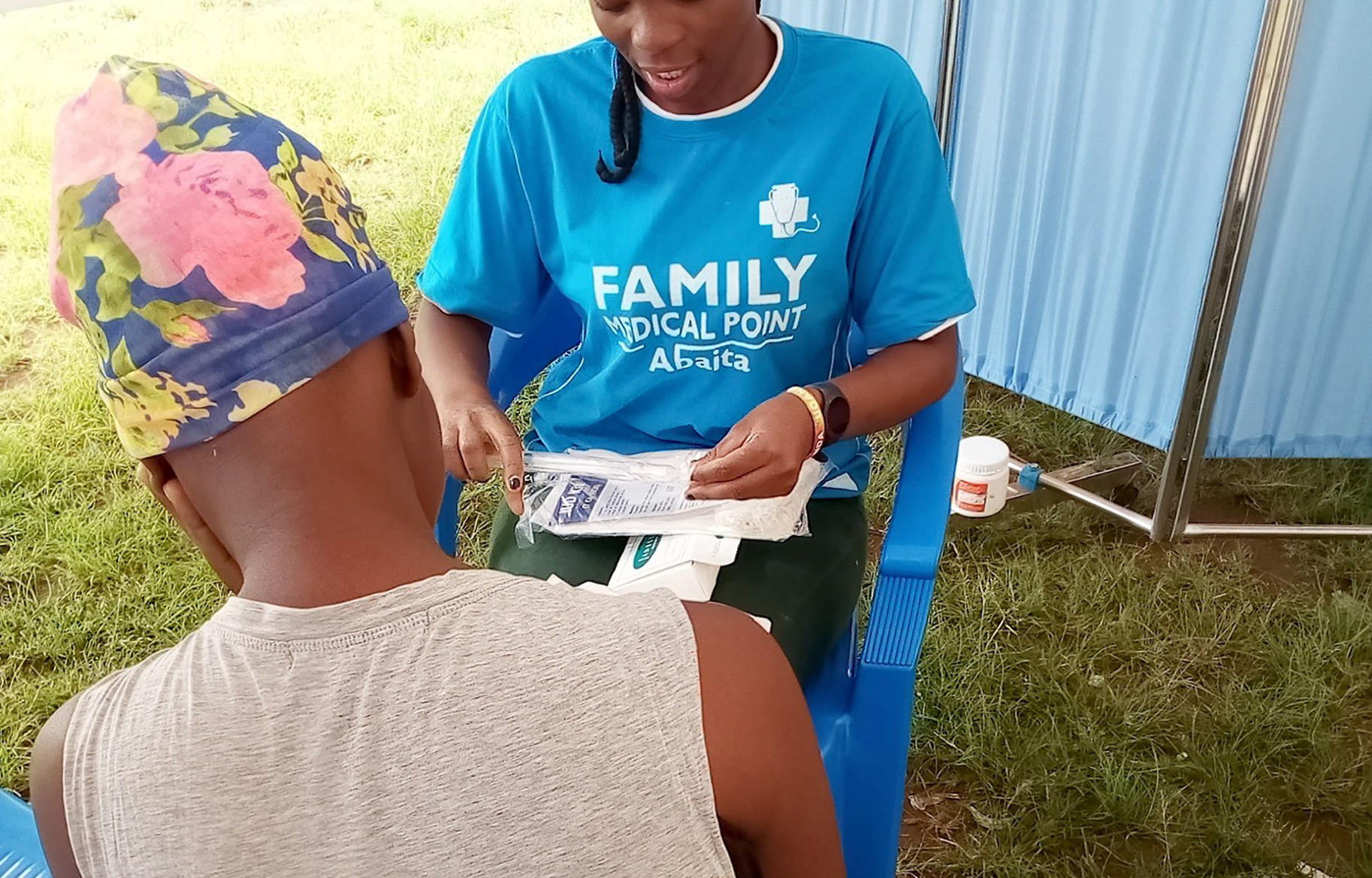
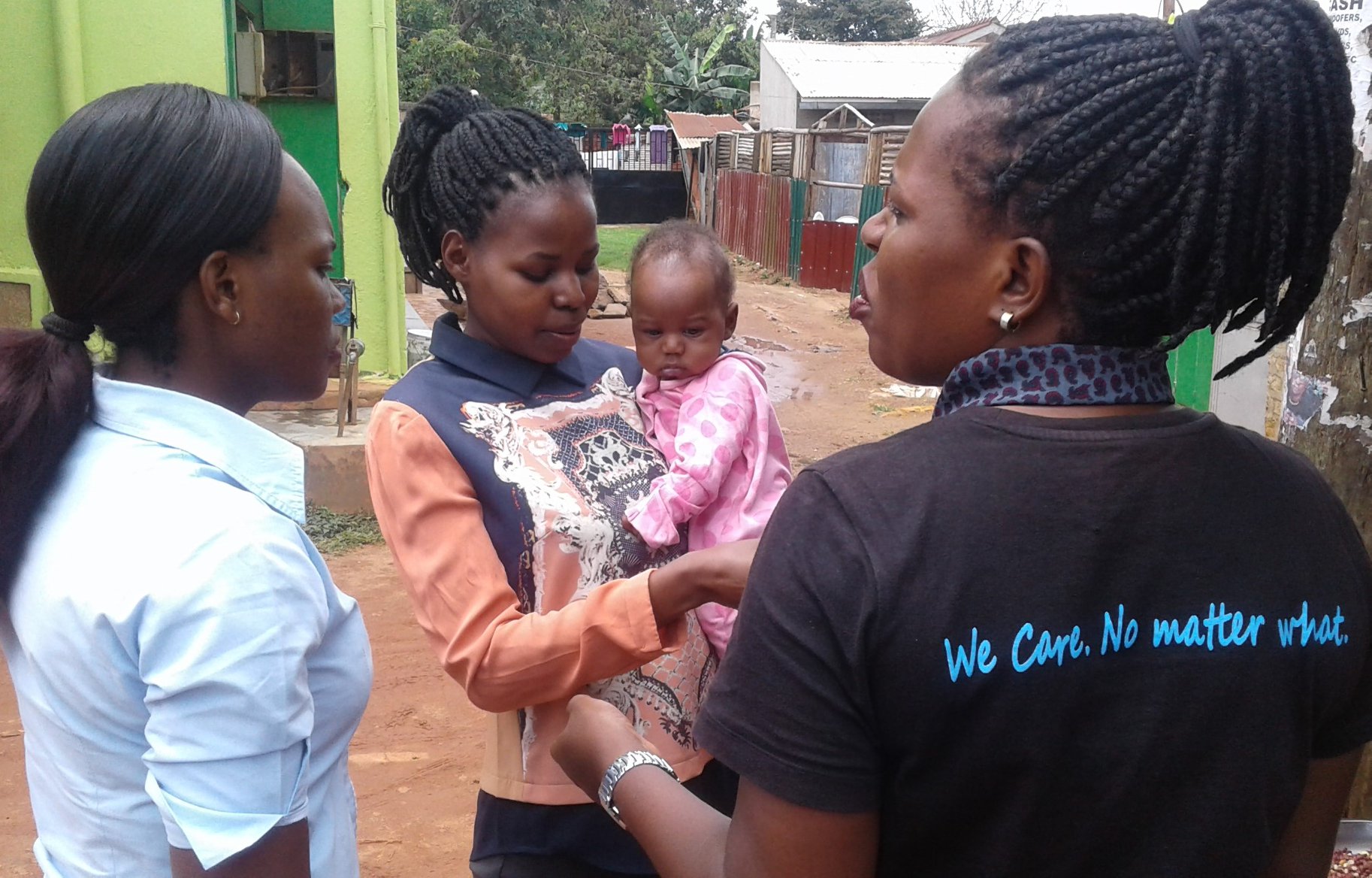
Family Planning in Uganda – Removing The Stigma
Gender-based violence has in recent years gained public attention but exploitative and choice-denying violence associated with the uptake of family planning, and directed towards women of reproductive age, remains a silent evil in most parts of Uganda, often meted by male partners who view family planning as evil. In Uganda, gender-based violence prevalence rates are among the highest in the world. Amongst women of reproductive age surveyed in 2016, over half had experienced physical violence and one-quarter had experienced sexual violence in their lifetimes. Sexual coercion is common in Uganda, with one-quarter of the women surveyed reporting that their partner had physically forced them into sex.
The negative consequences of gender-based violence on women are many, including unintended pregnancy, unsafe abortion and increased adolescent pregnancy. These effects are the direct result of physical and sexual trauma. In addition, the effects of violence limit sexual and reproductive control for women and girls, including reduced freedom of choice, lack of contraceptive use, as well as limiting their economic and educational opportunities.
Access to family planning services remains low in Uganda and gender-based violence associated with the stigma of family planning services has further limited many women from freely accessing the methods, causing debilitating effects to those who have tried to access SRH services without consent from their spouses or guardians.
FMP seeks to remove the stigma surrounding family planning use in its target communities, reduce the gender-based violence associated with uptake of family planning services, and empower women to take control of their lives and reproductive choices through its intervention programme.
“Our communities have misperception and myth surrounding the use of family planning. Men use pregnancy and child bearing as a leverage to control a woman, so women are denied access to the family planning services that they need. Women have to seek permission from their partners. The services are also rare and unaffordable. This combination makes it very difficult for a woman to access the service she needs, and if she does she might get abused.” – Moses Odongo, Team Leader at Family Medical Point
An Ambitious Two-Part Programme
FMP seeks funding to champion the safe delivery of family planning services to women of reproductive age in Abaita Ababiri through the implementation of a two-part behaviour change and intervention campaign. Part one of the programme will include the training of twenty on-the-ground peer educators (seventeen women, and three men). There will be four training workshops for the new volunteers, each lasting four days. At the end of the training, the volunteers will deliver SRH and contraception workshops to the men and women in the community, embedding additional messaging designed to educate men on gender equality and remove the stigma surrounding the use of family planning services, which often results in gender-based violence.
The second part of the programme will see the development and production of a drama show that will be broadcast on a local radio station, and advertised with materials including t-shirts, leaflets and posters. The drama show will feature empowered female characters, consensual relationships, and the use of family planning services without judgement or stigma. The aim of the show is to educate the men and women in the communities on gender equality, and normalise healthy relationships and the use of contraception.
With its programme, FMP aims to transform the attitudes of its communities, reduce the gender-based violence often associated with the use of family planning services, and empower affected women and young people to access such services safely.
Content warning: Please be aware that the personal story below mentions sexual and domestic violence. A pseudo-name has been used to protect the survivor. Family Medical Point and its clients have given consent for the use of their stories.
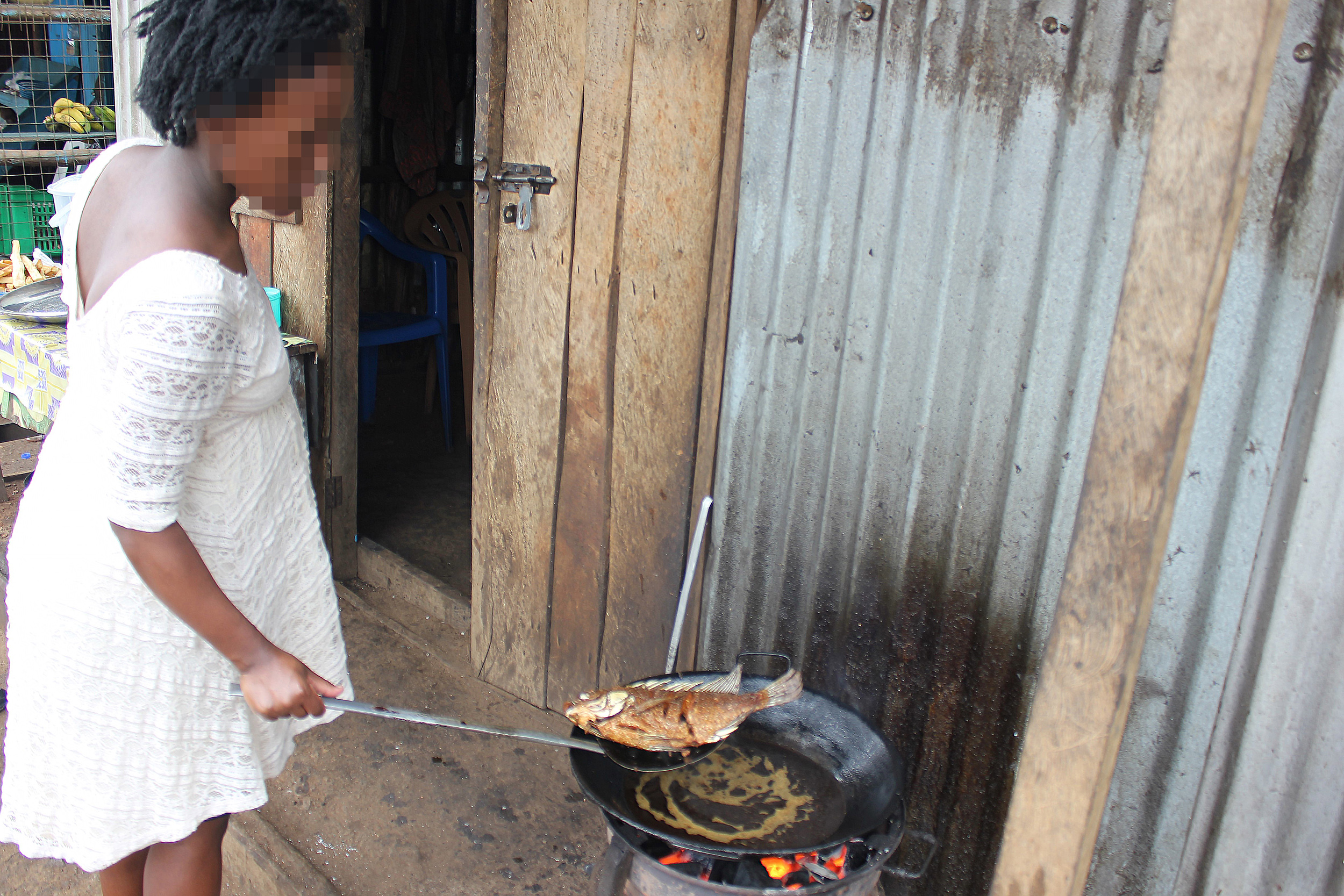
Joelia’s Story
Joelia is a sexual assault survivor who was forcibly married as a child. Her husband paid little attention to her and their children’s wellbeing. Joelia had two children with her husband, and was worried about the possibility of conceiving another child which would affect her ability to run her small business. When she heard about the family planning services offered by FMP, she decided to get an implant.
Joelia thought her worries had come to an end but when she told her husband about the implant, he reacted violently, and with his male friends he cut the implant out of Joelia’s arm. He beat Joelia so badly that she had to spend two weeks in hospital.
There are many Joelias in the slums and fishing communities across the areas of Uganda that FMP works. These girls and women have no say over their use of contraception and cannot make their own decisions on planning their families. The coronavirus pandemic and lockdown has only served to increase gender-based violence in these communities. Such violence has hindered the delivery of sexual and reproductive healthcare to women and young people in need.
“We want to enable women to make a choice, and demystify the use of family planning.” – Moses Odongo, Family Medical Point
What your donation will achieve
FMP needs your help to deliver its ambitious two-part programme to remove the stigma and gender-based violence surrounding the use of contraception and family planning services amongst the fishing communities and slums of Abaita Ababiri, as well as improve access to family planning information and services for women and young people.
£10 will provide a monthly payment for one peer educator, and £20 will cover the cost of venue hire for a four-day training programme.
FMP aims to train twenty peer educators in total, comprised of seventeen women and three men, across four training programmes, lasting four days each. They will deliver on-the-ground contraception and family planning workshops, embedding gender equality education, amongst the impoverished communities of Abaita Ababiri. The on-the-ground volunteers will also demonstrate and distribute contraception.
£50 will help develop the concept and script for the communications campaign radio show.
The radio show will be professionally produced and aired on a primetime local radio station to help promote healthy and consensual relationships and the use of family planning services. It will feature empowered female characters and be supported with an advertising communications campaign, featuring further sexual and reproductive healthcare information.
£100 will pay for communications materials including t-shirts, leaflets and posters.
With their unique two-part programme, FMP hopes to provide information and remove the stigma around family planning, educate men on gender equality, and empower the women and young people of Abaita Ababiri to take control of their reproductive choices and access vital family planning services.
Support Family Medical Point today with:
- Training 20 peer educators to provide information and access to family planning services amongst fishing communities and slums, and educate men from the communities on gender equality.
- Producing a local radio show which will depict healthy and consensual relationships, empowered female characters, and normalise the use of family planning services.
- Implementing an extensive campaign to promote awareness of sexual and reproductive healthcare, gender equality, and help end the stigma of family planning use and the associated gender-based violence.
“Very few charities here are willing to dedicate funds to train women from rural communities to lead the empowerment of other women in their communities.”
– Moses Odongo, Team Leader at Family Medical Point
